Jesse Williams: No one is doing us any favors by putting up a poster of Dr. King.
Jesse Williams On Activism, Hollywood & Black History
Actor Jesse Williams is well known for his role as Jackson Avery on ABC’s long-running drama Grey’s Anatomy and last year, the 35-year-old Chicago native set the world on fire with his acceptance speech as the recipient of BET’s Humanitarian Award. Before the fame, Jesse spent his days as a model and African American history teacher and presently, Williams is the co-creator of the popular app Ebroji, producing two documentaries and will star in the remake of the film “Jacob’s Ladder.” In a recent interview, Williams talks growing up in Chicago, dedicating his life to activism, and the lack of diversity in Hollywood. Peep the excerpts below.
On his childhood:
It actually started for me in childhood, being poor and black in 80’s Chicago, which didn’t allow you to have blinders on, it showed me the level to which geography, on top of race and class, can dictate your life expectations. That just because I moved to the white suburbs I had way more opportunities that had nothing to do with what I had earned – it was simply being in a different zip code.
My school wasn’t broken up and abandoned with ten-year-old textbooks, under-resourced teachers and police patrolling the hallways. Instead, I had a small classroom and sustained teachers, so I could see the disparity and that it’s grossly unfair from a young age. That always stayed with me.
On being an activist:
I dedicated my life to doing [civil rights activism] anyway and now I’ve just added another job to that, which is being on television and in films, I didn’t wake up one day and think, ‘Hey, I’ve got this platform now, what can I do with it?’ I was already doing it, and then I got a platform.
I don’t view it as a ‘nice thing’ to add for the black community specifically. It’s something that has been hidden from all of us, and it would be really helpful for people to realize that we have value in this world and we’re a part of its history.
On why teaching kids African-American history is important:
No one is doing us any favors by putting up a poster of Martin Luther King Jr. People need to realize that we’re directly connected to the invention of civilization.
I don’t view it as just helpful for African-Americans alone, it would completely change the make-up of this nation and the world if people actually learned where black people came from and realized that Africans contributed directly to the foundations of civilization, architecture, irrigation, science, math and medicine. The first renaissance men were in Africa; it didn’t start in Athens or in Rome.
I don’t view it as a ‘nice thing’ to add for the black community specifically. It’s something that has been hidden from all of us, and it would be really helpful for people to realize that we have value in this world and we’re a part of its history.
It’s not like a big banner that I have above my door that I look to, but I think that it’s [activism] something that is in retrospect reflected in the choices that I make. I’m on a hugely popular television show that is the pioneer in television for diversity and maturity on screen, for letting black, brown, Asian, Latina, gay, queer and disabled characters be in leading roles, without being stereotypes.
On the lack of diversity and inaccurate portrayals of minorities in Hollywood:
It’s a very real problem, but also there’s no such thing as Hollywood as a monolithic group. Some members of Hollywood crank out absolute shit that is destructive and completely riddled with stereotypes and is designed to provoke or be intellectually lazy. But then in the same building somebody could be producing tremendous material that is forward-thinking and inclusive – that could even be on the same network! ‘Hollywood’ doesn’t really mean much. We don’t all go to meetings together or all vote the same. I’m sure that plenty of people in Hollywood voted for Trump!
People thought that they had to whitewash every movie to make people go and see it, but that’s statistically bullshit, the more diverse a movie is the more money it makes – statistically.
By: @NakidaTheWriter


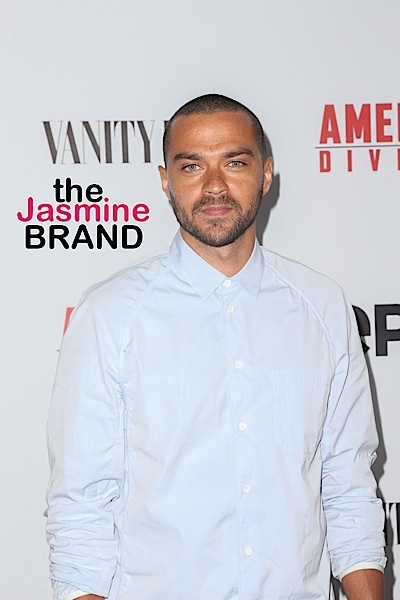
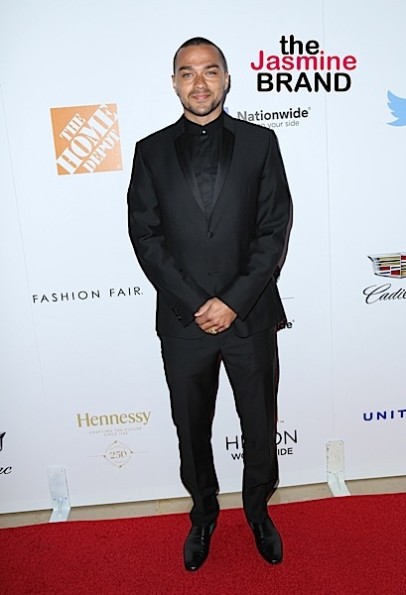
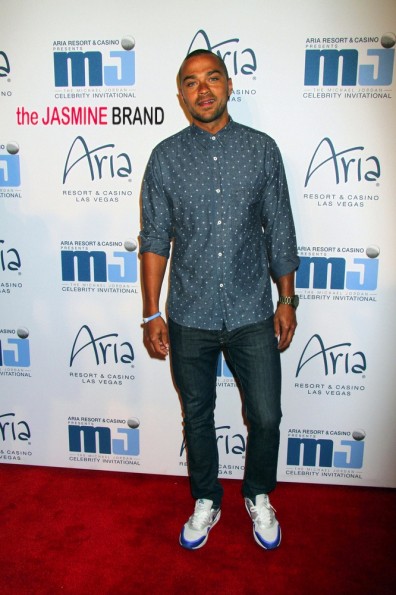
 Previous Article
Previous Article Next Article
Next Article Nipsey Hussle’s Mom Says His Spirit Chased Eric Holder After Being Shot
Nipsey Hussle’s Mom Says His Spirit Chased Eric Holder After Being Shot  Queen Latifah Recounts Being Molested As A Child, Abusing Alcohol To Numb The Pain
Queen Latifah Recounts Being Molested As A Child, Abusing Alcohol To Numb The Pain  Deadbeat Daddy? Randy Jackson Allegedly Owes $500,000 In Child Support
Deadbeat Daddy? Randy Jackson Allegedly Owes $500,000 In Child Support 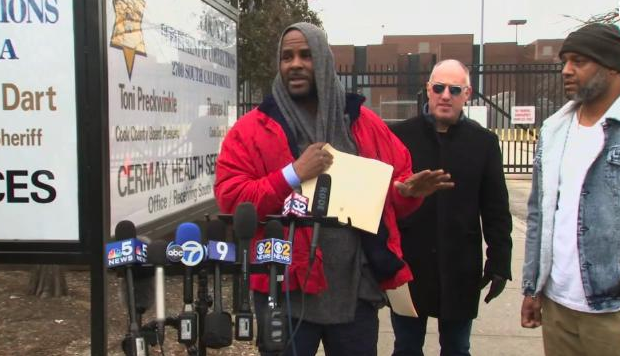 R. Kelly Released From Jail After $161,000 Child Support Payment Made On His Behalf
R. Kelly Released From Jail After $161,000 Child Support Payment Made On His Behalf 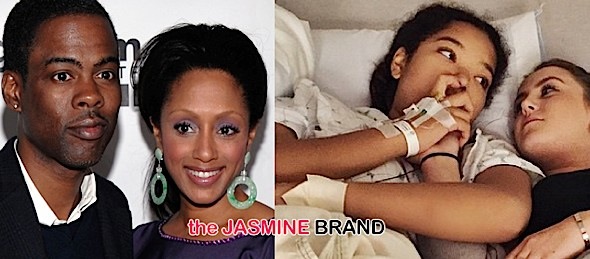 Chris Rock’s Wife Expects HUGE Divorce Payout + Ming Lee Simmons Hospitalized
Chris Rock’s Wife Expects HUGE Divorce Payout + Ming Lee Simmons Hospitalized ![Rapper Boosie Defends Nicki Minaj, Calls Out Fake A$* B*tches [Photo]](https://thejasminebrand.com/wp-content/uploads/2017/03/boosie-defends-nicki-minaj-the-jasmine-brand.jpg) Rapper Boosie Defends Nicki Minaj, Calls Out Fake A$* B*tches [Photo]
Rapper Boosie Defends Nicki Minaj, Calls Out Fake A$* B*tches [Photo] 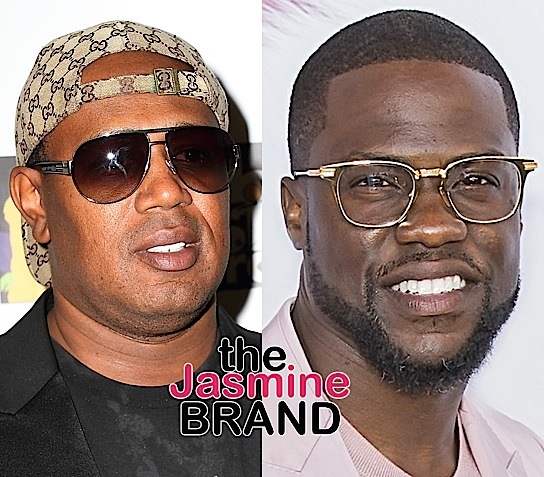 Master P Criticizes Kevin Hart For Asking Celebs To Donate Money: It’s their money.
Master P Criticizes Kevin Hart For Asking Celebs To Donate Money: It’s their money.  India Love Sex Tape Leaks
India Love Sex Tape Leaks